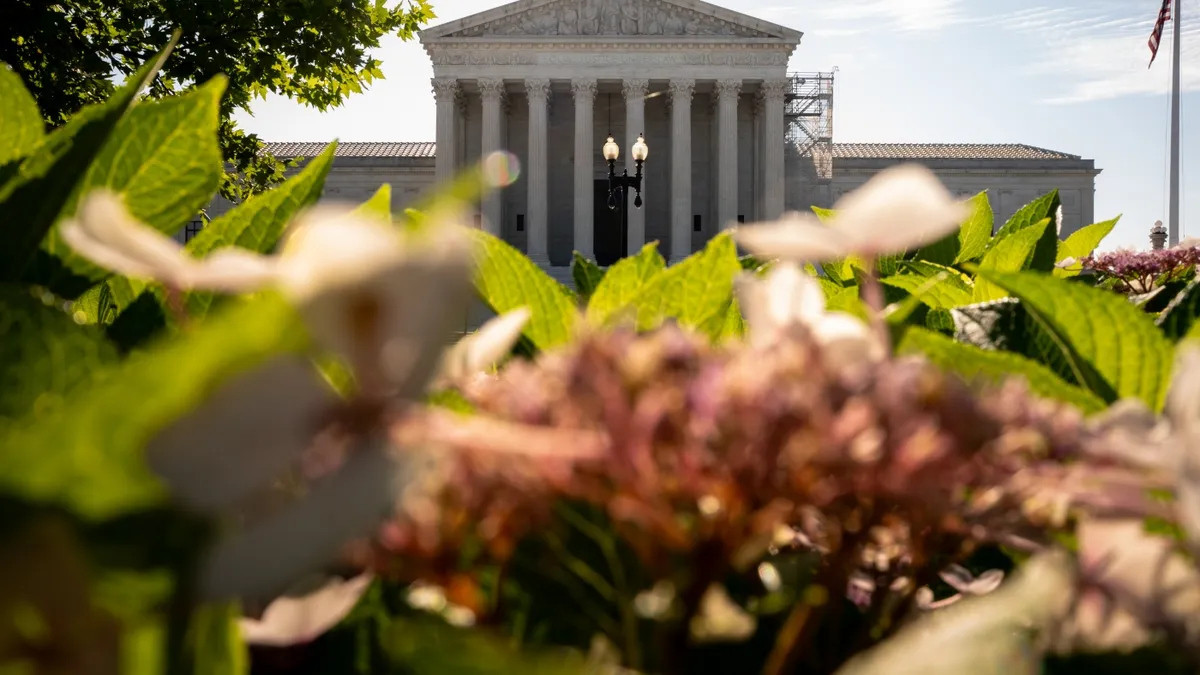
On Wednesday, the U.S. Supreme Court chose to uphold a lower court's ruling that effectively blocks a controversial Florida law aimed at criminalizing the crossing of undocumented immigrants into the state. This significant ruling came in the form of a brief, one-sentence order, which included no further explanation or noted dissents from the justices.
The legislation, signed into law by Florida Governor Ron DeSantis in February, introduced mandatory prison sentences for individuals violating its provisions. The law quickly gained national attention just two months after its enactment when Florida's Highway Patrol arrested Juan Carlos Lopez-Garcia, an American-born U.S. citizen, for crossing the state line from Georgia. Lopez-Garcia was detained for 24 hours before being released, raising questions about the law's implications for both citizens and undocumented immigrants.
In response to the law, numerous immigrant rights organizations and undocumented immigrants filed lawsuits. They argued that the new Florida law was in direct conflict with federal immigration law, citing longstanding Supreme Court precedent that states must defer to federal law in cases of conflict. This legal challenge has highlighted a significant point of contention regarding the balance of power between state and federal immigration regulations.
Despite the legal challenges, Florida officials have maintained that state legislation is essential for addressing the perceived negative impacts of immigration. They argue that the Florida law is designed to work in conjunction with federal immigration law, asserting the need for state-level measures to protect local communities.
Historically, the Supreme Court has established that federal law occupies the immigration field, particularly when conflicts arise with state laws. Florida is not the first state to encounter legal barriers in its attempts to criminalize illegal immigration. In recent years, similar laws in states like Oklahoma, Iowa, and Idaho have been blocked by federal judges, who determined that such state-level legislation directly conflicts with existing national immigration laws. Additionally, in 2024, the conservative Fifth Circuit Court of Appeals also blocked Texas's attempts to enforce a similar law, further emphasizing the judicial stance on this contentious issue.
This recent Supreme Court decision not only reinforces the primacy of federal law in immigration matters but also sets a precedent for other states considering similar legislative measures. As the immigration debate continues to evolve, the implications of this ruling will be closely monitored by both advocates and opponents of stricter immigration control.